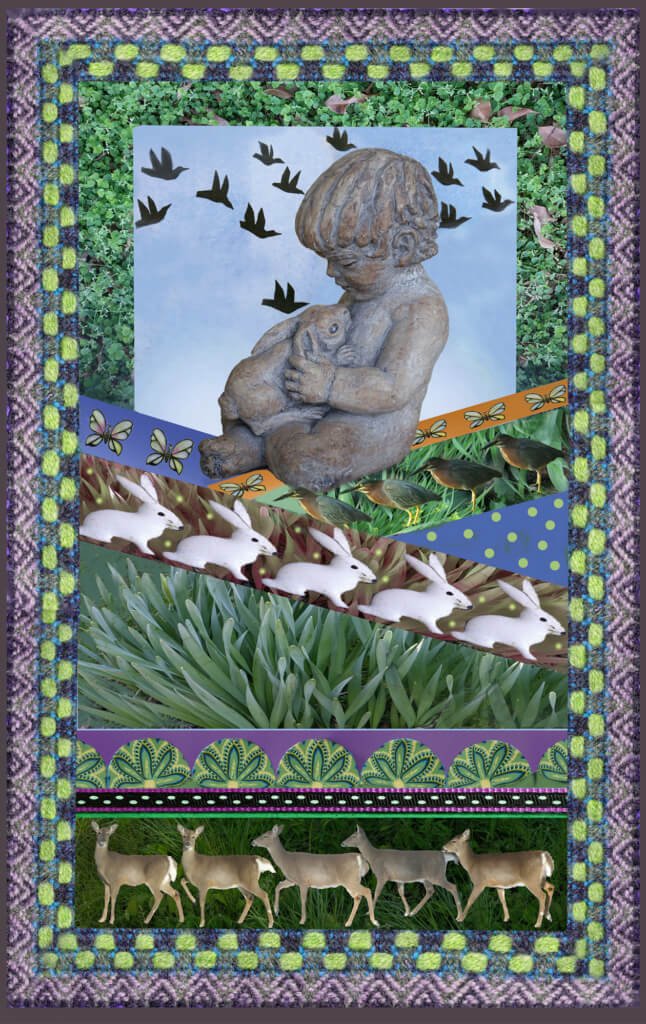 “I will remember you forever. In this way, because I got to live, you will too,” my daughter had written to her friend who died. She was going to carry Jake with her for the rest of her days. So before she died, she had already prescribed what should happen upon a loved one’s death. I had to live so that my daughter “will too.” And because she loved Jake, he is along for the ride. Every day I wish my father, my daughter, and Jake good morning and goodnight. And in between, I live and love my time like I’m living for us all.
“I will remember you forever. In this way, because I got to live, you will too,” my daughter had written to her friend who died. She was going to carry Jake with her for the rest of her days. So before she died, she had already prescribed what should happen upon a loved one’s death. I had to live so that my daughter “will too.” And because she loved Jake, he is along for the ride. Every day I wish my father, my daughter, and Jake good morning and goodnight. And in between, I live and love my time like I’m living for us all.
My daughter is dead but she is not lost. I’m carrying her with me. All the time.
The word ‘lost’ does not describe those we love who died. Language is inadequate for conveying things about death. There should be one beautiful, sad word that means ‘my loved one who died.’ My deceased beloved one, the one who died and gouged a huge hole in my heart. My mother who passed, my dead father, my angel child, my sister-in-heaven, my brother on-the-other-side. My dearly departed friend. The sweet spirit of my wife, the soul of my late husband, my forever-partner. My grandparents may-they-rest-in- peace. My beloved lost one (who’s not really lost).
We who love those-for-whom-there-is-no-one-single-word, keep their memories alive. We are their connection to the Earth now. The love is still here. The memory, their images, spirits, values, voices, …live on within us. They are never gone. NeverGone. Until I find another word, or sound, that’s what I will call my precious loved ones who died. NeverGones. My father is my NeverGone. My daughter is my NeverGone. And I will carry them until the day I am finally carried out of life myself.
Do you have any other ideas for similar terms of endearment? What phrases about death bother you?
Please Share on your Social Media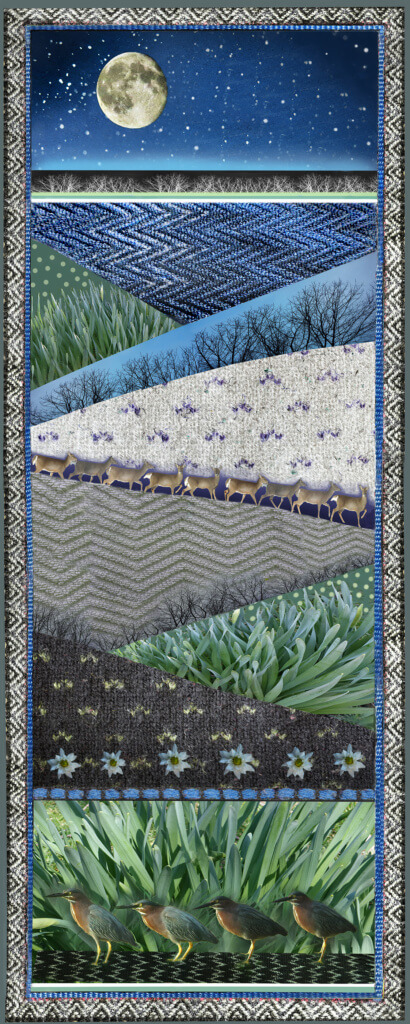 “Perhaps expanding on what hope means to you,” a friend wrote in the feedback she gave for my new photo essay book, to be published in May. In the book, Nevergone: Reframing the Death and Grieving of the One You Love, through intricate Photo-shopped pictures and short essays, I explore different ways one grieves and may view death. At the beginning and end of the book I wish for hope for my readers. But I had not expanded on the meaning of hope, even though it is the backbone of the book, and a vital resource for surviving tough times.
“Perhaps expanding on what hope means to you,” a friend wrote in the feedback she gave for my new photo essay book, to be published in May. In the book, Nevergone: Reframing the Death and Grieving of the One You Love, through intricate Photo-shopped pictures and short essays, I explore different ways one grieves and may view death. At the beginning and end of the book I wish for hope for my readers. But I had not expanded on the meaning of hope, even though it is the backbone of the book, and a vital resource for surviving tough times.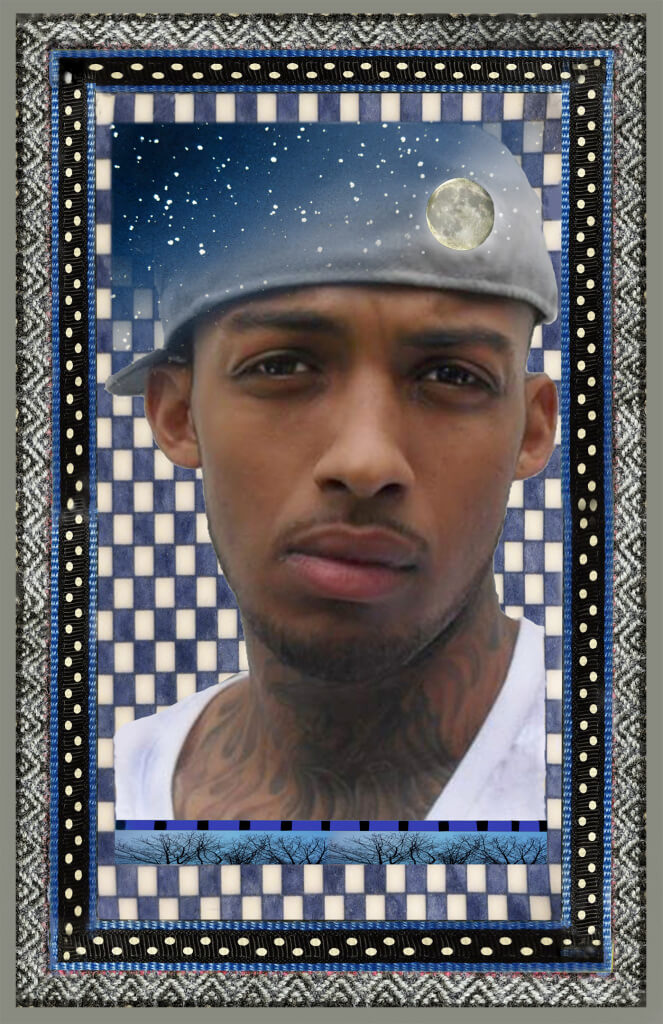 Many rave about watching a birth. But maybe more awesome is witnessing life’s end. Years ago I tried to watch departing life evaporate into nowhere from the still form of my father. I stared, transfixed on the invisible drama, waiting for signs of a soul already taken flight: the just-stopped pulse, the empty lifeless eyes. My father’s half open, black marble eyes still caught glimpses of light. For how long could he see me? He lay there calm and still while his family shook in sobs. I could not tell if the life ebbed out of him slowly, or if it left as in the flick of a switch.
Many rave about watching a birth. But maybe more awesome is witnessing life’s end. Years ago I tried to watch departing life evaporate into nowhere from the still form of my father. I stared, transfixed on the invisible drama, waiting for signs of a soul already taken flight: the just-stopped pulse, the empty lifeless eyes. My father’s half open, black marble eyes still caught glimpses of light. For how long could he see me? He lay there calm and still while his family shook in sobs. I could not tell if the life ebbed out of him slowly, or if it left as in the flick of a switch.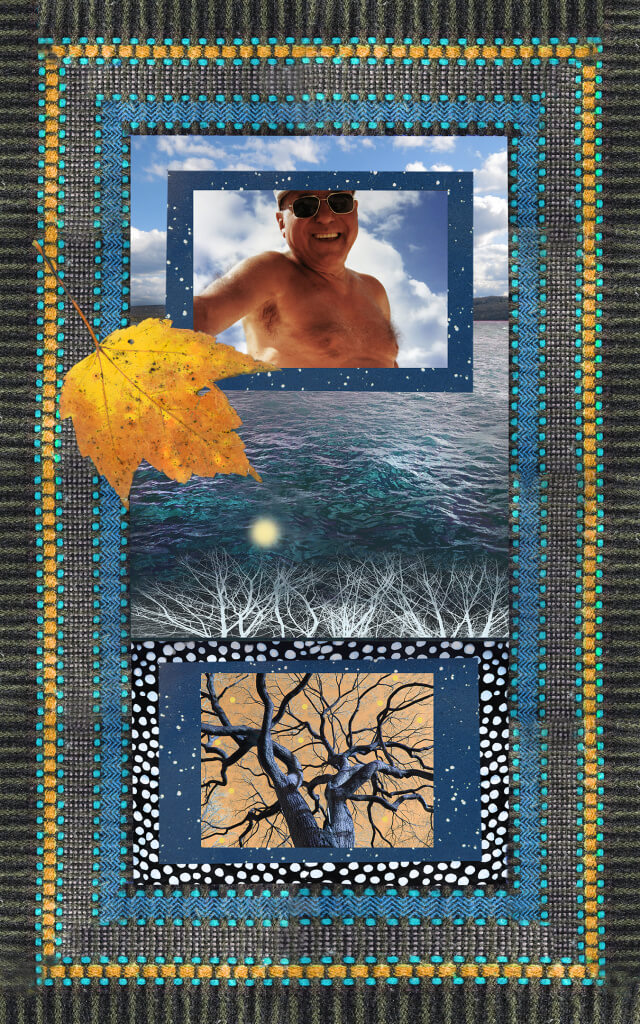 My father taught me to sweat a hundred hours before spending a hundred dollars. He died six years ago. But he still shows up for every move I make involving money. He is also in my thoughts when I’m near an ocean, or when I hear an airplane flying overhead.
My father taught me to sweat a hundred hours before spending a hundred dollars. He died six years ago. But he still shows up for every move I make involving money. He is also in my thoughts when I’m near an ocean, or when I hear an airplane flying overhead.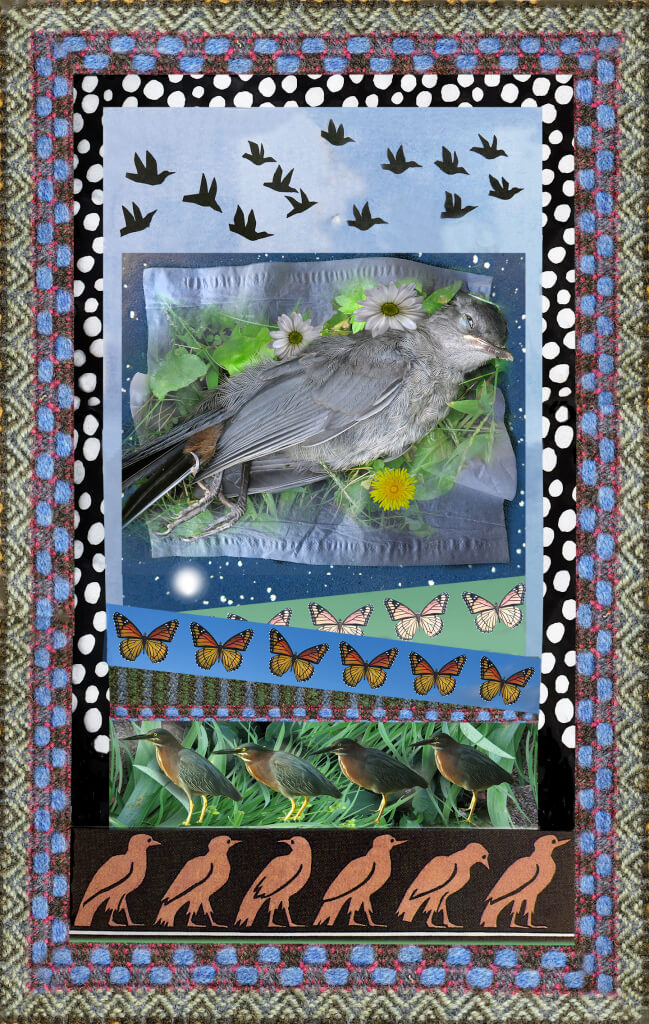 This sky lantern is for you, beautiful one, wherever you are. For your, (what do they call it?), birthday-in-heaven. Also, since the lanterns came only by the dozen, I’m mailing the other eleven to family and friends. So in this month before your birthday, you will get twelve lantern-launching ceremonies. If I could send you a dozen roses or a trillion chocolate Kit-Kat bars, I would. I love you. Lots. I didn’t really need to write this on the lantern; I’d already said it, in our driveway under an almost-full moon, to my daughter who died.
This sky lantern is for you, beautiful one, wherever you are. For your, (what do they call it?), birthday-in-heaven. Also, since the lanterns came only by the dozen, I’m mailing the other eleven to family and friends. So in this month before your birthday, you will get twelve lantern-launching ceremonies. If I could send you a dozen roses or a trillion chocolate Kit-Kat bars, I would. I love you. Lots. I didn’t really need to write this on the lantern; I’d already said it, in our driveway under an almost-full moon, to my daughter who died. After life, as I knew it, got shot to the stars, grief charred me from the inside out. There were good days and bad days. I sometimes forgot my sadness. Briefly. Other times, for days, I’d be cranky and complain, “I can’t do this. I hate this. This is too hard.”
After life, as I knew it, got shot to the stars, grief charred me from the inside out. There were good days and bad days. I sometimes forgot my sadness. Briefly. Other times, for days, I’d be cranky and complain, “I can’t do this. I hate this. This is too hard.”